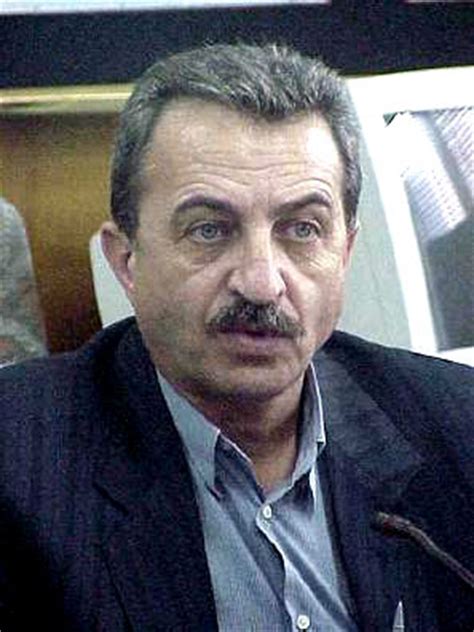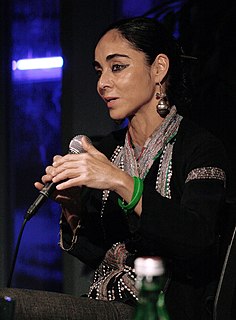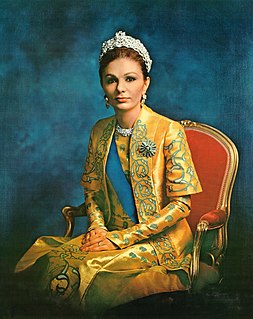A Quote by Hooman Majd
I grew up thinking of myself as an American but also, because of my parents and the Iranian culture that was in our home, as an Iranian. So if there's any such thing as dual loyalty, then I have it - at least culturally.
Related Quotes
I was born in Iran, left at a very young age-less than a year old-and grew up and was educated in the West. I grew up thinking of myself as an American but also, because of my parents and the Iranian culture that was in our home, as an Iranian. So if there's any such thing as dual loyalty, then I have it-at least culturally.
I have traveled many times outside Iran, and have discussed the issue [of the Iranian nuclear project]. I have been asked for my opinion and that of the Iranian Jewish community, and I have always emphasized that the Iranian people has the right to obtain nuclear technology and energy for peaceful purposes. The Iranian people must not give up this right under any circumstances - and indeed, it will not.
Our support for the Shah, the CIA coup in 1953 - has become infused into the Iranian political discourse. The regime that came to power in 1979 during the Iranian revolution actually defined itself as anti-American, and that's now a critical ingredient in the Iranian domestic political debate. That really is the source of our problems - the regime in Tehran continues to see itself as opposing the US. In their eyes, everything the US does is directed at them in a very malevolent way, and therefore they have to fight back against it.
My sister married an American and took his name, and my brother has shortened Sayrafiezadeh to Sayraf. So now he's Jacob Sayraf, or sometimes Jake Sayraf. He made the change when he was a teenager, prior to the Iranian revolution and the hostage crisis. So I don't think it was motivated by any anti-Iranian sentiment in the United States.
Hence, when some members of the Iranian diaspora, especially women at the moment, use different tropes including the trope of the veil and the issue of gender to construct an image of oppression or to describe the 'silenced' Iranian woman, western intellectuals, policymakers, and publishing houses are all quick to introduce them as presenters of the authentic Iranian experience.
I remember I went to an exhibition somewhere and one of the artists, an Iranian lady, said, "I wish we had somewhere that our paintings would stay forever." So this idea came to me. I said, "She's right, we should have a place to keep them, and not only Iranian art works, but also of foreign artists."
































